People
Faculty

Evelina Akimova
Evelina Akimova is a Postdoctoral Researcher in Biosocial Research at the Leverhulme Centre for Demographic Science and a Non-Stipendiary Research Fellow at Nuffield College. Evelina’s main research areas are health inequalities, chronotype, and wellbeing, using methods from computational social science and statistical genetics. Her current research focuses on the use of molecular genetic, survey, and accelerometer data to understand the complex interplay between chronotype and labour market decisions, trajectories, and experiences. She received her DPhil in Sociology at the University of Oxford in 2021 where she investigated the joined role of biological and socio-demographic determinants of depressive symptoms.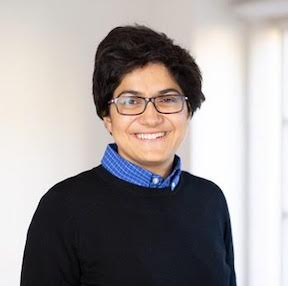
Ridhi Kashyap
Ridhi Kashyap is an associate professor of social demography and professorial fellow of Nuffield College at the University of Oxford. She completed her DPhil in Sociology jointly affiliated with the University of Oxford and Max Planck Institute for Demographic Research. Her research spans a number of substantive areas in demography and sociology, including gender, mortality and health, marriage and family, and ethnicity and migration. Her work has sought to adopt computational innovations both in terms of modelling approaches such as agent-based models and digital trace data from web and social media platforms to study social and demographic processes.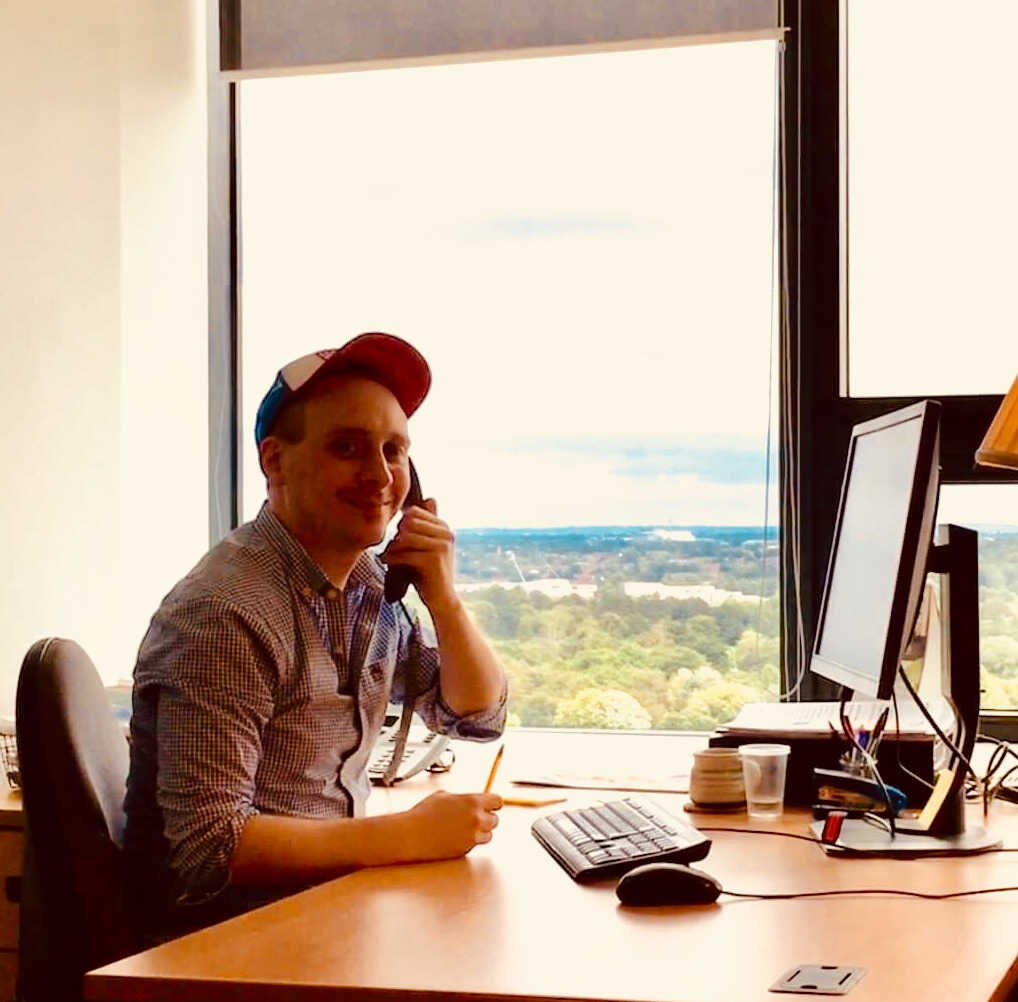
Charles Rahal
Charles is a social science methodologist and applied social data scientist with a background in high-dimensional econometrics, having completed his PhD in 2016. He is particularly interested in unique data origination processes, be they unstructured or otherwise, and is an advocate for open source and reproducible academic research. He presently teaches 'Python for Sociologists' and 'Replication', both in Michaelmas term, although he has also recently given workshops and guest lectures on the themes of 'An Introduction to Machine Learning' and 'An Introduction to the Command Line'.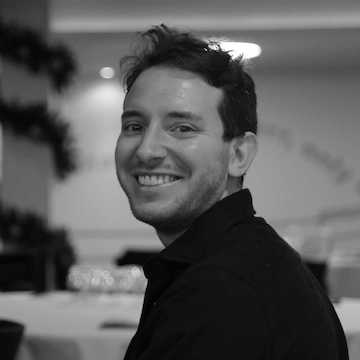
Francesco Rampazzo
Francesco Rampazzo is a Career Development Fellow in Marketing and Consumer Demography at the Said Business School and the Leverhulme Centre for Demographic Science at the University of Oxford. He is also a Non-Stipendiary Research Fellow at Nuffield College. He is completing a PhD in Social Statistics and Demography at the University of Southampton and the Max Planck Institute for Demographic Research. His PhD thesis focuses on the use of digital traces combined with traditional data sources to estimate the number of migrants. Francesco is a demographer with a broad range of research interests, which include digital and computational demography with applications in fertility, migration, and survey research.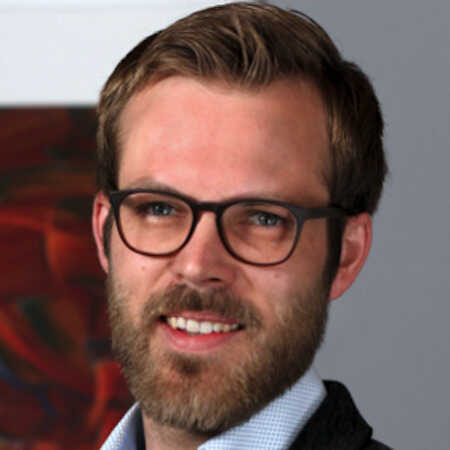
Tobias Rüttenauer
Tobias Rüttenauer is a Postdoctoral Prize Research Fellow in Sociology at Nuffield College, University of Oxford. His research focuses on environmental inequality, selective migration trajectories, and spatial demography. Furthermore, he is interested in quantitative spatial methods, longitudinal regression models, and the use of geographical information systems to connect different sources of administrative data.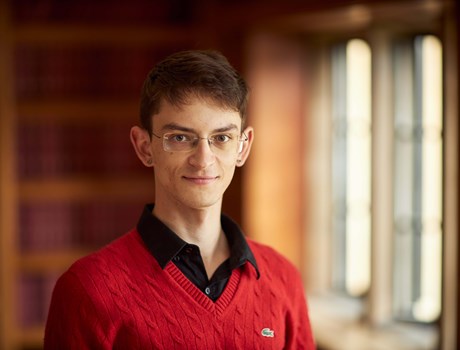
Maksim Zubok
Maksim Zubok is a Clarendon and Nuffield scholar reading for MPhil in Politics (European Politics and Society). His research combines digital trace and administrative data to study public opinion. Maksim works as a research assistant at the Legitimacy in Global Governance project, where he applies large language models to derive fine-grained measures of people's preferences for global governance from social media data. His broader interests include survey research, post-stratification methods, and natural language processing.Speakers
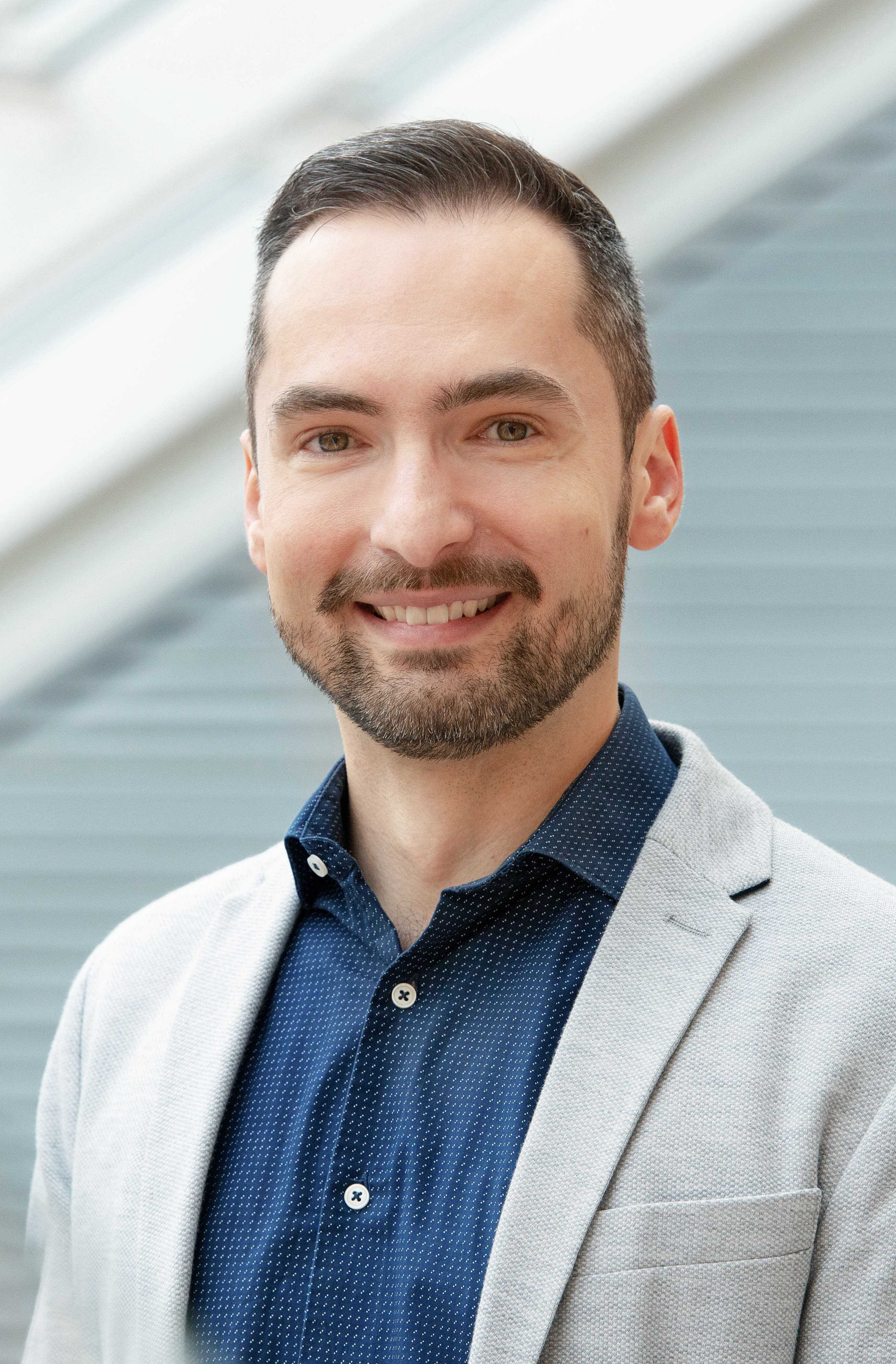
Pawel Adrjan
Pawel Adrjan is Head of EMEA Research at the global job site Indeed, where he develops actionable insights on the labour market to help businesses and policy makers make better decisions. During his time at Indeed, he has led innovative research on the transformation of the world of work and has collaborated with leading economics think tanks and international organisations. His analyses feature regularly in the media. Over the last two decades, Pawel has worked in Europe and the US, holding senior positions in risk management at Goldman Sachs and Barclays in New York and London. He is a Research Fellow in Economics at Regent’s Park College, Oxford, and a member of the Research Advisory Board at Open For Business, a coalition of global companies dedicated to LGBT+ inclusion. Pawel holds degrees from the University of Pennsylvania and the University of Warwick, as well as a PhD in Economics from the University of Oxford.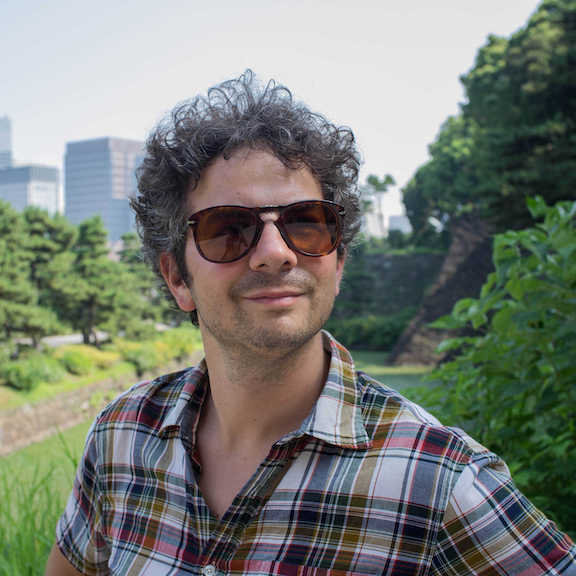
Nicola Barban
Nicola is a Professor of Demography at the University of Bologna and an international co-investigator of the ESRC Research Centre on Micro-Social Change (MiSoC). He is the Principal investigator of the ERC Consolidator Grant GENPOP: Genes, genealogies and the evolution of demographic change and social inequality. His research interests include Quantitative methods in social sciences, Sociogenomics, Demography, Social interactions, Life course, and Migration and Ethnicity.
Tommaso Batistoni
Tommaso Batistoni is a Postdoctoral Researcher and Lead Programmer at the Centre for Experimental Social Sciences at Nuffield College. Tommaso’s main research areas are the evolution of cooperative behaviour in humans, the role of reputation in the resolution of large-scale social dilemmas, and the development of tools facilitating online experiments. His current work focuses on the interplay between scales of interactions (global vs local) in the production of public goods and the development of a package to extend the Python-based oTree framework to conduct experiments.
Oriol J. Bosch
Oriol J. Bosch is a PhD candidate at the Department of Methodology at the London School of Economics. He is also a non-resident research fellow at the Research and Expertise Centre for Survey Methodology (RECSM – Universitat Pompeu Fabra). As a methodologist, Oriol focuses on understanding how to better collect and analyse attitudinal and behavioural data for the social sciences. He specialises in topics related to measurement quality, web and mobile surveys and the use of digital trace data and sensors/apps to enhance or substitute surveys, and the effect of these on data quality. His work has explored the impact on data quality of using novel data types to answer survey questions as images, voice memos and emojis. For his PhD, Oriol is developing and applying new methodologies to assess the errors of web tracking data and compare these with the ones of surveys.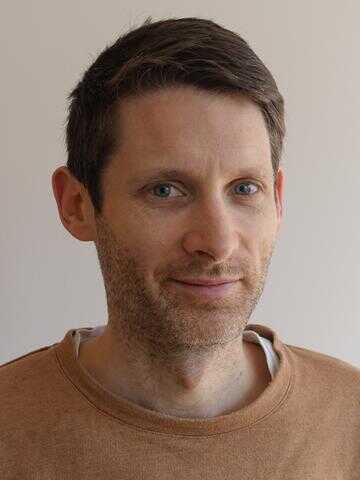
Tom Douglas
Tom Douglas is Professor of Applied Philosophy based in the Oxford Uehiro Centre for Practical Ethics, where he is Director of Research and Development. He is also a Senior Research Fellow at Jesus College, Editor of the Journal of Practical Ethics, and Principal Investigator on the project ’Protecting Minds: The Right to Mental Integrity and the Ethics of Arational Influence’, funded by a Consolidator Award from the European Research Council.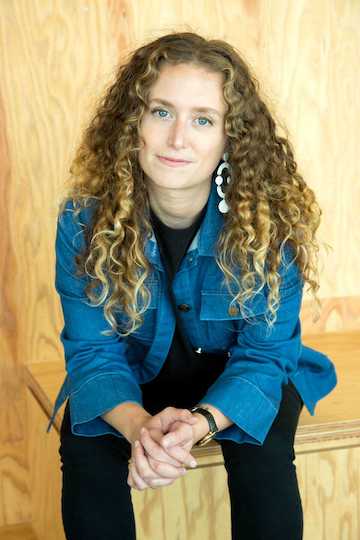
Hannah Furnas
Hannah Furnas is a research science manager on the Demography and Survey Science team at Meta where she leads a team focused on ads and business products and data transparency. Hannah has a PhD in Sociology and Demography from Penn State.
Ben Goldacre
Ben is a doctor, academic, writer, and broadcaster. He trained in medicine at Oxford and UCL, in psychiatry at the Maudsley, and in epidemiology at LSHTM. His academic and policy work is in informatics, epidemiology and evidence based medicine, where he works on various problems including variation in care, better uses of routinely collected electronic health data, evidence-based social policy, access to clinical trial data, efficient trial design, and retracted papers.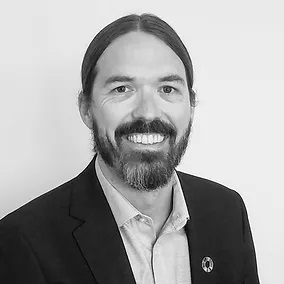
Douglas Leasure
Doug’s research spans human demography, population ecology, geosciences, and Bayesian statistics. He develops novel methods to map populations and demographics with high spatial resolution using sparse survey data while accounting for uncertainty in population estimates to support informed decision-making for census support, government services, and global health initiatives. His interdisciplinary research combines powerful analytical approaches in human demography and population ecology with exciting new geospatial data derived from household surveys and space-based Earth observation platforms. To promote research with real-world impacts, Doug is committed to open science and develops web applications that translate scientific results into easy-to-navigate interactive maps and tools to facilitate uptake by stakeholders globally.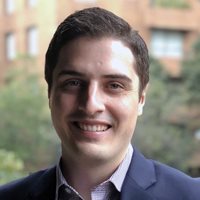
Blake Miller
Blake Miller is an Assistant Professor of Computational Social Science in the Methodology Department at the London School of Economics. Blake's current methodological research agenda develops methods that provide researchers with the necessary tools to annotate large, unbalanced text corpora using active learning. He also is developing tools to increase the external validity of media effects experiments using realistic, interactive survey vignettes.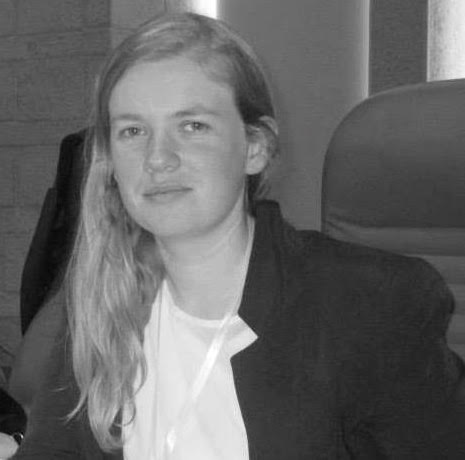
Neave O'Clery
Originally from Dublin, Neave is currently Associate Professor at the Centre for Advanced Spatial Analysis (CASA) at University College London. Her group focuses on studying the processes underlying economic development and the emergence of complexity for cities, often using tools from graph theory and network science. She was previously a Senior Research Fellow at the Mathematical Institute at the University of Oxford where she established a new group working at the interface of mathematics, data science and development/urban issues.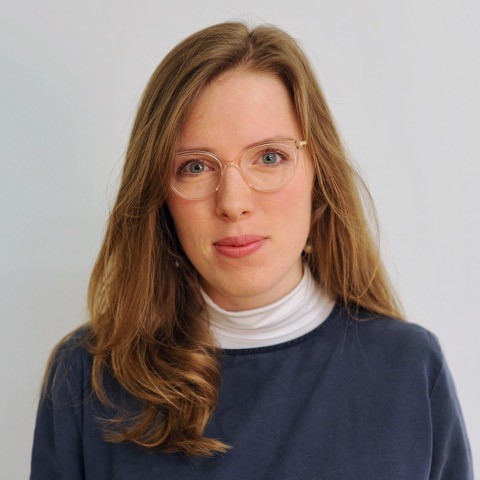
Amy Orben
Dr Amy Orben is a Programme Leader Track Scientist at the MRC Cognition and Brain Sciences Unit, University of Cambridge, and a College Research Fellow at Emmanuel College. She leads a research group investigating the links between digital technology use, mental health and cognition in adolescence. Alongside her research, Dr Orben campaigns for the adoption of more transparent and open scientific practices. Before joining the University of Cambridge, Dr Orben completed a DPhil in Experimental Psychology at the University of Oxford, for which she was awarded the British Psychological Society Award for Outstanding Contributions to Doctoral Research, and an MA in Natural Sciences at the University of Cambridge.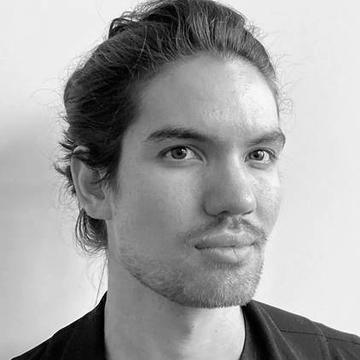
Mark Verhagen
Mark Verhagen is a PhD candidate at Nuffield College and the Leverhulme Centre for Demographic Science, University of Oxford. He has a background in Sociology (Oxford) and Econometrics (University of Amsterdam). In his research he applies methods from the domains of machine learning and pattern recognition to answer a wide range of social science questions.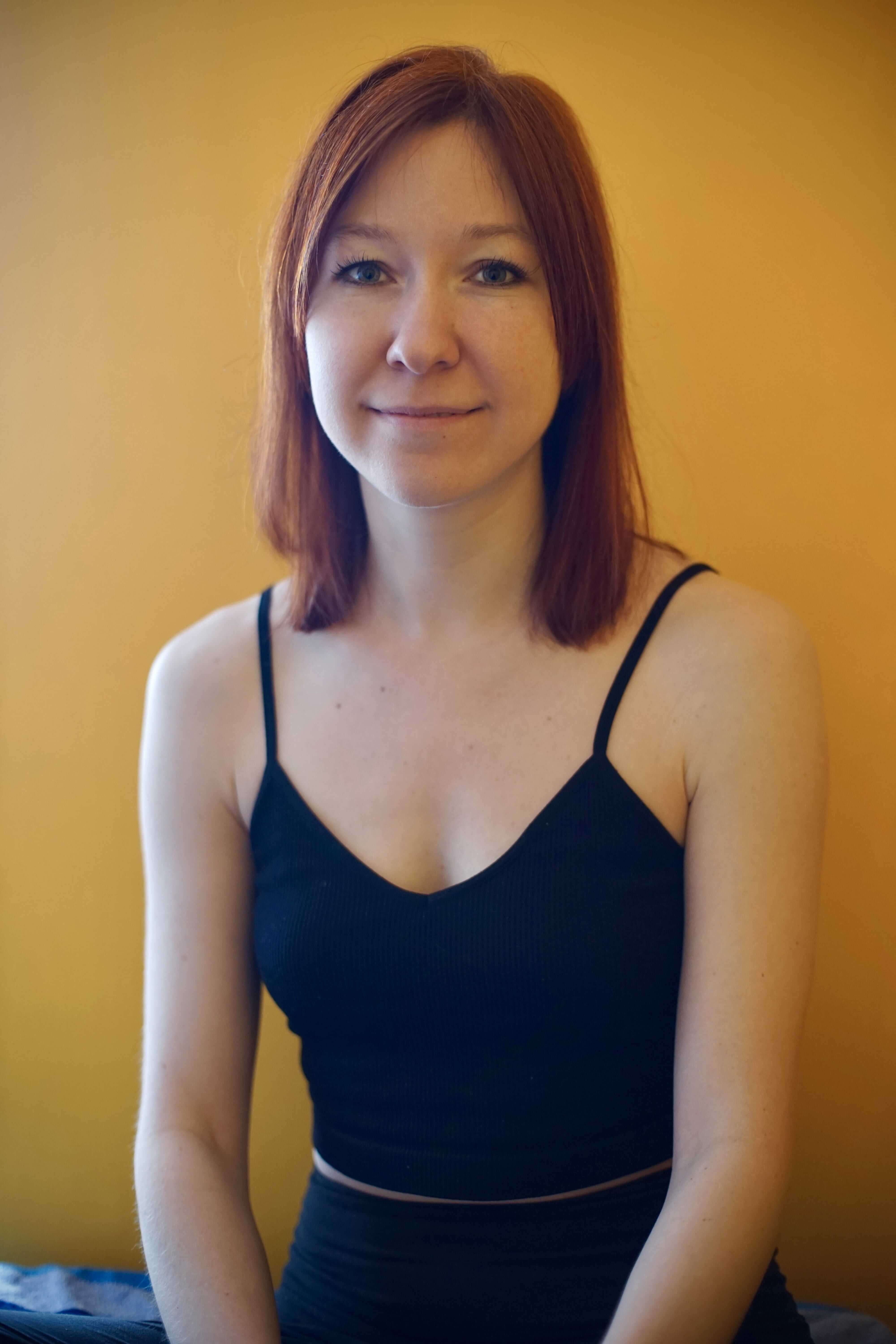
Lena Voita
Elena (Lena) Voita is a final-year PhD student at the University of Edinburgh supported by the Facebook PhD Fellowship award. Her research is mostly focused on understanding how neural networks learn to process natural language. Previously, Lena was a research scientist at Yandex Research and worked side by side with the Yandex Translate team. She also teaches NLP at the Yandex School of Data Analysis; the extended public version of (a part of) this course is available at [NLP Course For You](https://lena-voita.github.io/nlp_course.html)
Bo Zhao
Bo completed a PhD in Computer Science and Informatics in 2016 at Cardiff University and worked as a postdoctoral research associate at the NIHR Leicester Biomedical Research Centre (Respiratory) supporting clinical studies on respiratory diseases before joining the University of Oxford and LCDS. He previously worked on several multi-disciplinary projects including national and regional COVID-19 related studies, breathomics sample collection and analysis and mass-spectrometry workflow automation. His current research interests lie primarily in semantic and sentiment text analysis, robust and dynamic data management, data visualisation and prediction, and gamifications in research studies.Teaching Assistants
Participants
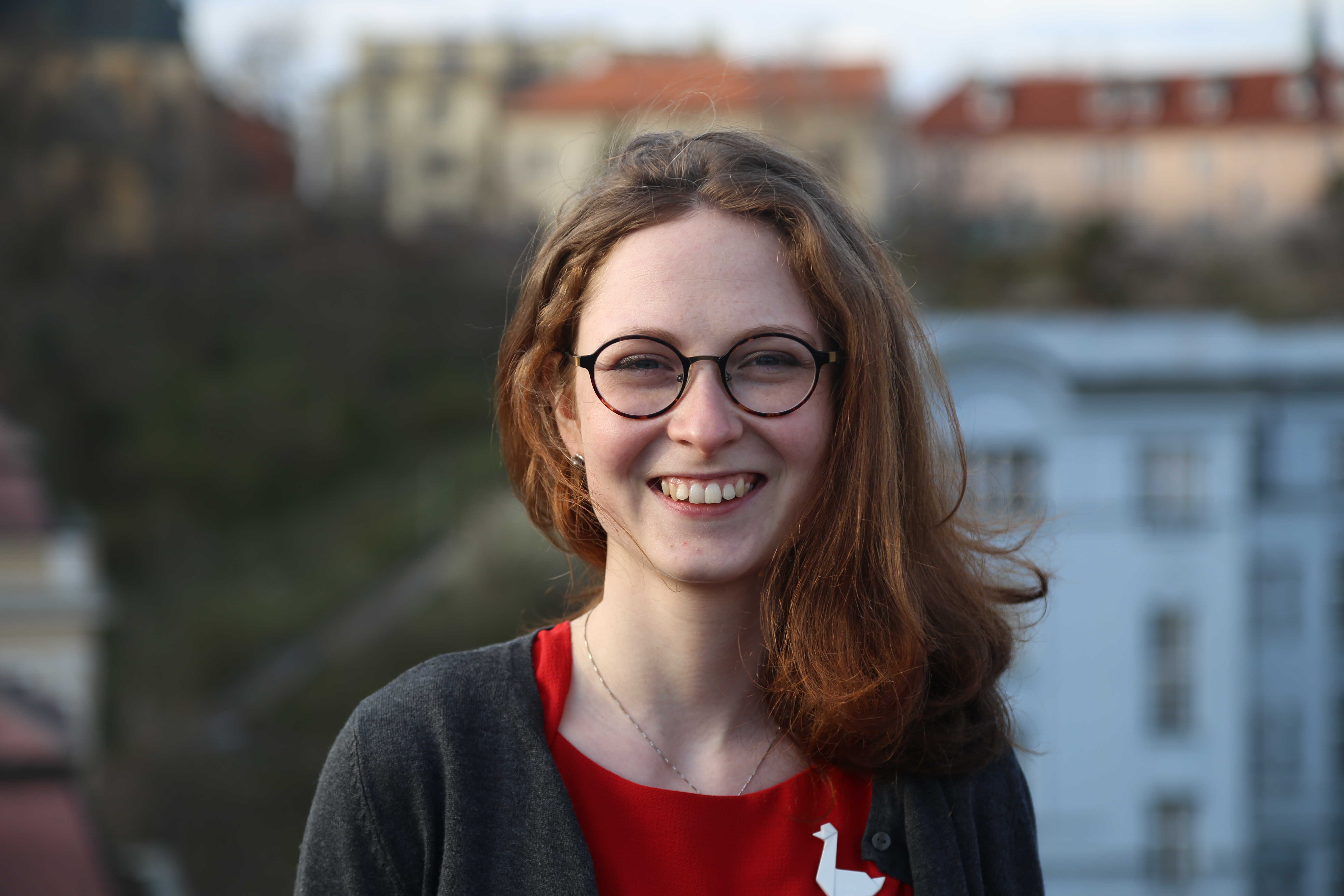
Anna Altová
Anna is a PhD candidate in the Department of Demography and Geodemography at Charles University. Having a background in demography and social epidemiology, her research focuses mainly on cancer epidemiology with a special emphasis on cancer prevention and screening behaviours among Czech women using a mixed methods approach.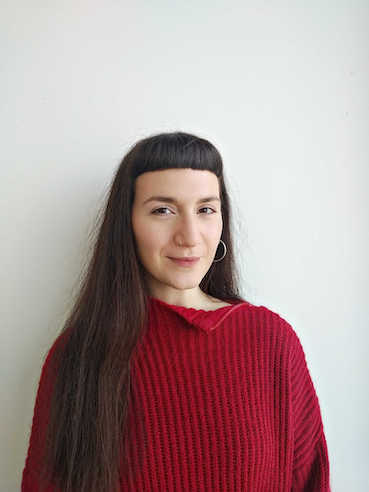
Athina Anastasiadou
Athina Anastasiadou is a doctoral student at the Max Planck Institute for Demographic Research. Her dissertation research focuses on heterogeneities in migration, particularly on gender- and age differences in migration patterns. Therefore, she is interested in computational methods and the use of digital trace data. Before coming to the MPIDR, she obtained an M.Sc. in Economics from the Vienna University of Economics and Business and a B.Sc. from the University of Cologne.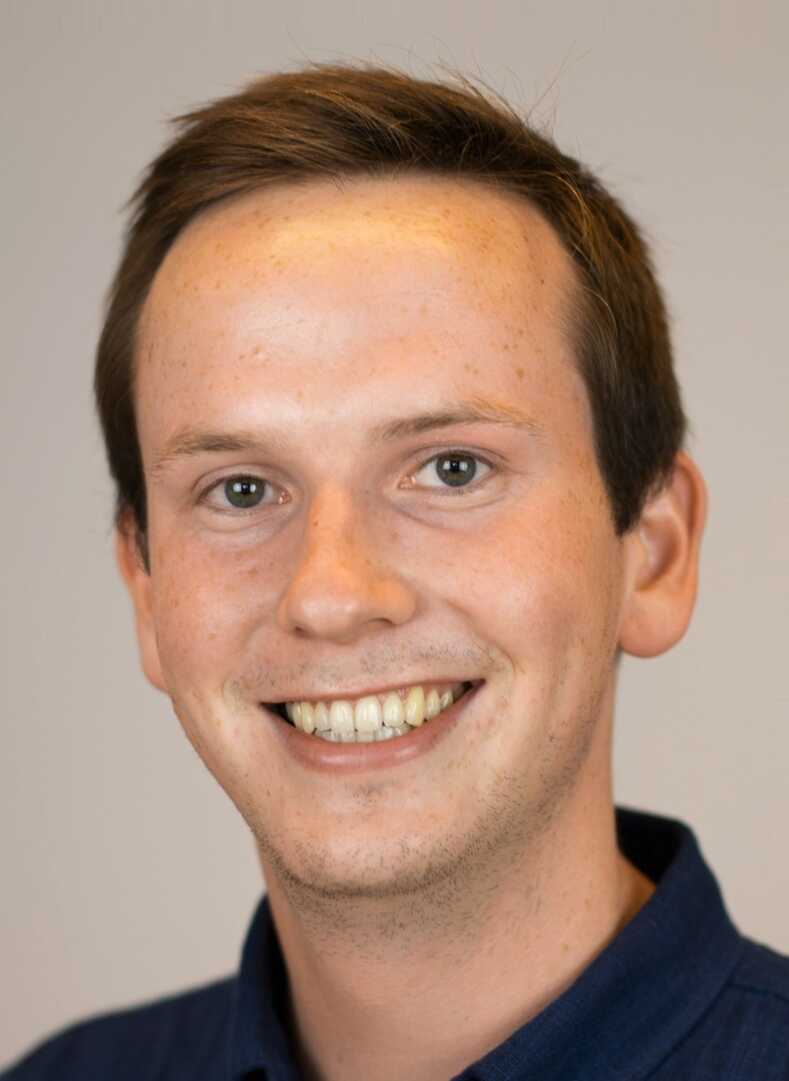
Ross Barker
I am a research assistant at the Vienna Institute of Demography and I am moving on to a PhD in Demography beginning September 2022. My focus is on using web scraping and text analysis to better understand fertility decision-making. Overall, I'm interested in using non-traditional data in the field of demography.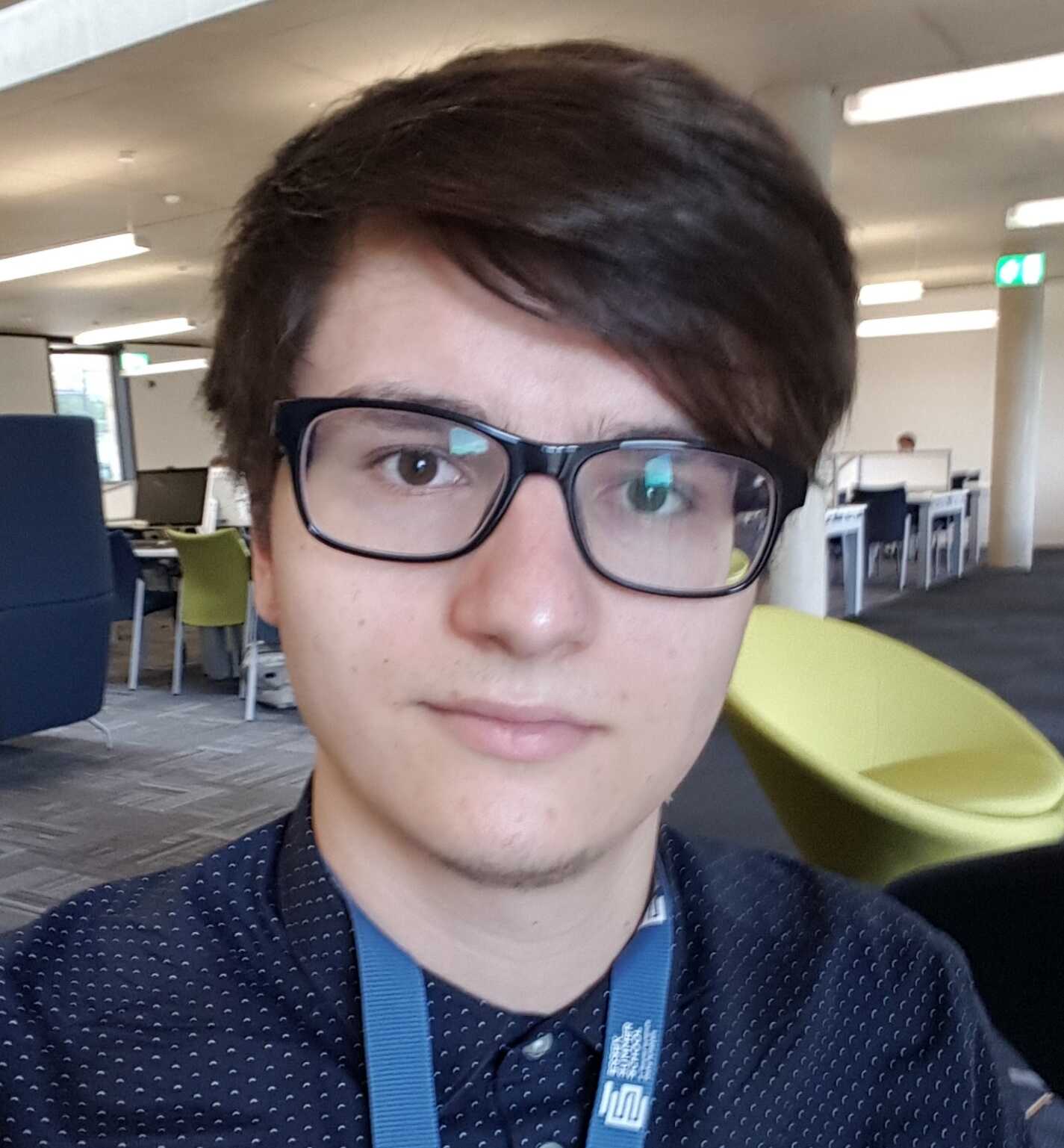
Nico Buettner
I am a doctoral candidate in Politics at the University of Oxford, and a Graduate Teaching Assistant in Politics at Lady Margaret Hall, Oxford. My research interests include political psychology, public opinion research and causal inference techniques. I am particularly working on the relationship between personality and politics, attitudes towards immigrants and minorities, political candidate characteristics and methodological challenges in conjoint experiments. I hold bachelor and master degrees in Political Science from the University of Vienna, Austria.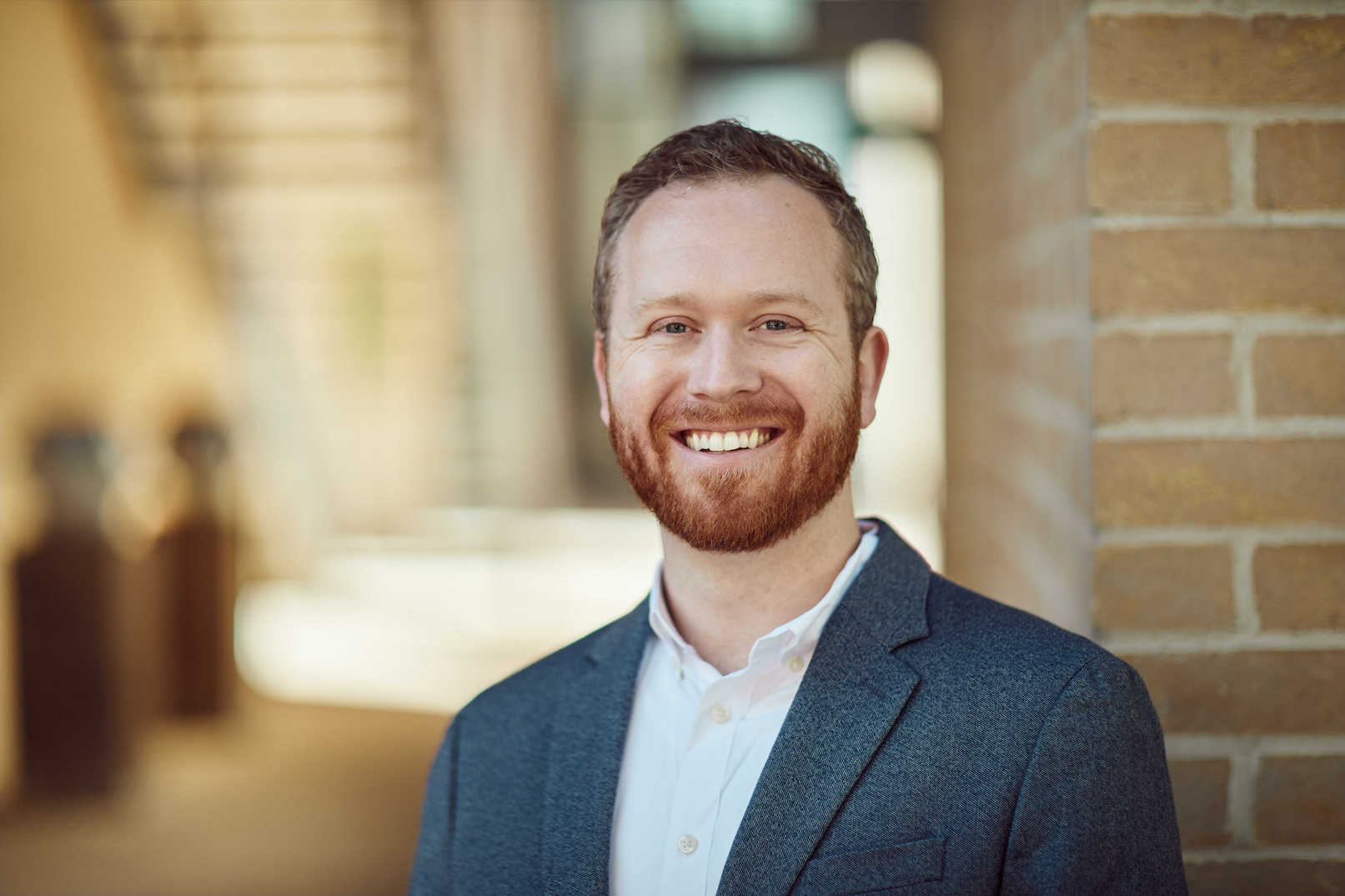
Gregory Clark
Gregory Clark is a post-doctoral research fellow at the Said Business School, University of Oxford. He is affiliated with Centre for Corporate Reputation and Future of Marketing Initiative. His research interests include social networks, spectral graph theory, and computational social science.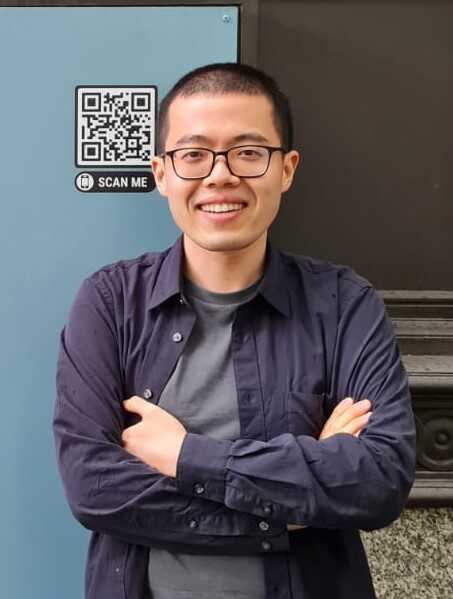
Qi Cui
Qi Cui is a PhD student in demography at the London School of Economics and Political Science. He completed a masters in social research at the Australian National University and a masters in demography at the European Doctoral School of Demography. His interests include diffusion processes and intergenerational fertility transmission.
Benjamin Patrick Evans
Benjamin is a PhD candidate in the Centre for Complex Systems at the University of Sydney. He works primarily on the emergent dynamics from bounded rational agents in games and economic markets. Previously, he completed his bachelor's and master's in Computer Science, focusing on machine learning.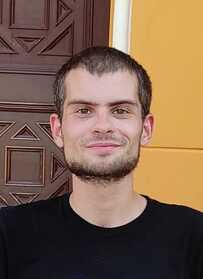
Kristijan Fidanovski
Kristijan Fidanovski is a doctoral researcher of pronatalism in Eastern Europe at the Department of Social Policy and Intervention, University of Oxford. He is also interested in voting behaviour, electoral systems and European integration. Kristijan holds a BA and an MA in Politics and International Relations from University College London and Georgetown University.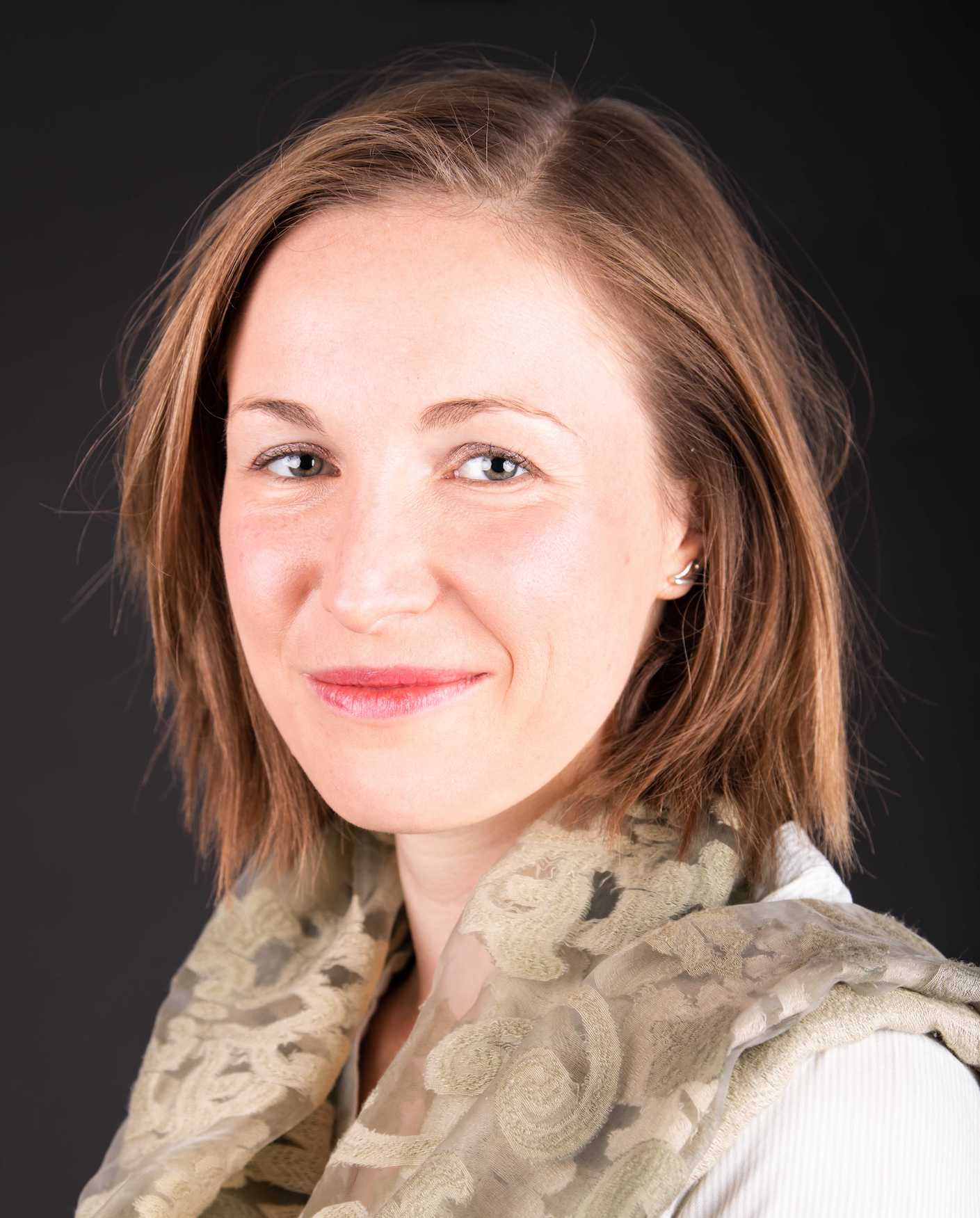
Rachel Ganly
Rachel Ganly is a DPhil candidate in Sociology at the University of Oxford, affiliated with the Leverhulme Centre for Demographic Science. Her doctoral research investigates how inequalities in health and socio-economic outcomes emerge during key family processes such as marriage, childbearing and divorce. Rachel holds a BSc in Mathematics from the University of Bath and MPhil in Social Science from Hong Kong University of Science and Technology. Prior to graduate school she worked in the non-profit sector at PathFinders Hong Kong, an organisation which assists migrant workers during pregnancy and childbirth.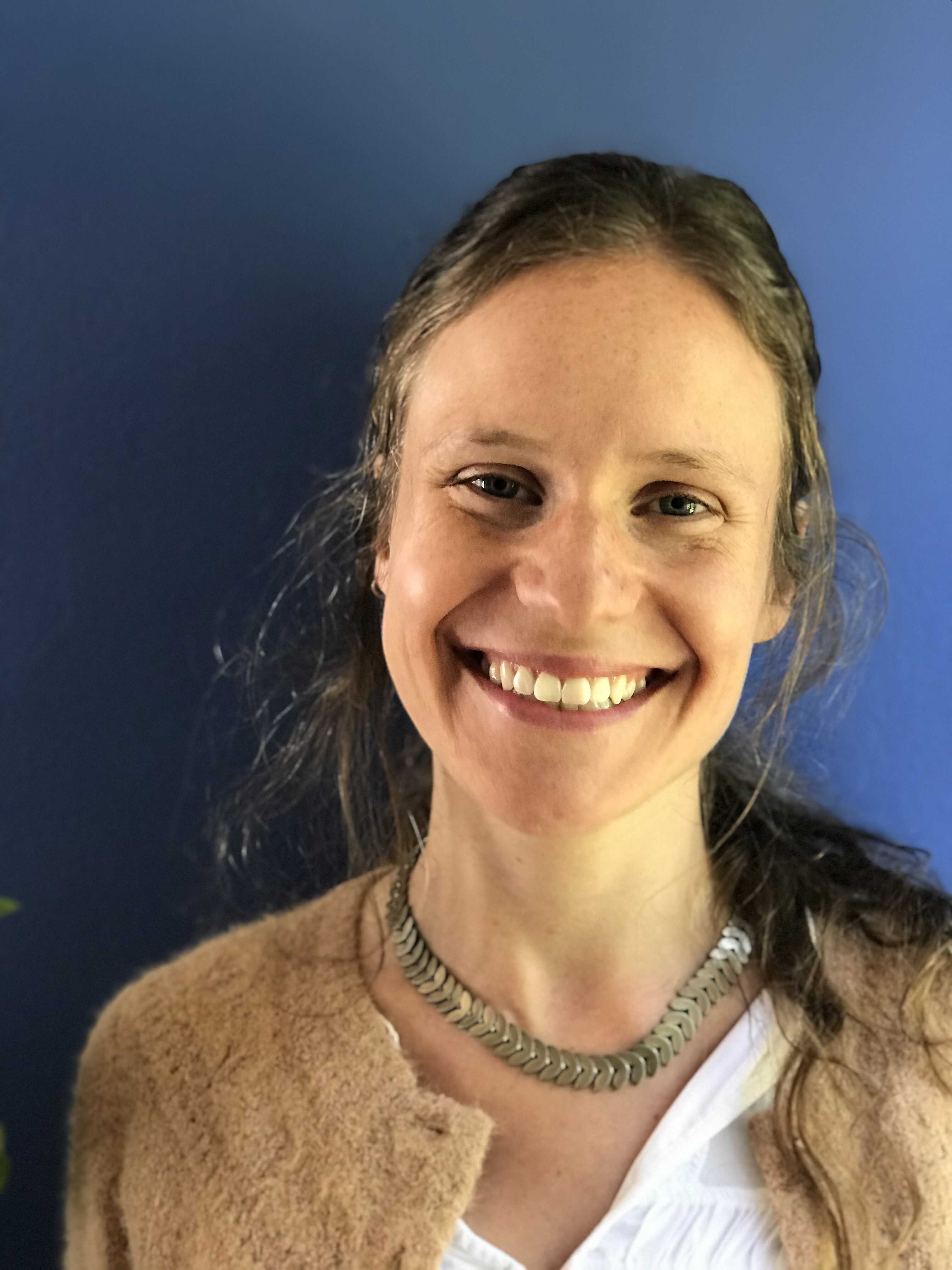
Natalia Garbiras-Díaz
Natalia Garbiras-Díaz is a Max Weber Fellow at the European University Institute. She received her PhD in Political Science from the University of California, Berkeley in 2021, where she is currently a Research Associate at the Center for Development Policy. She holds a Master's degree in Economics from the Universidad de los Andes (Colombia). Prior to receiving her PhD, she worked at the World Bank, the Observatory of Democracy and the National Planning Department of Colombia. Her main research interests are comparative politics and the political economy of development, focusing on corruption, public goods provision and accountability in Latin America. She also studies the formation of citizen and ex-combatant attitudes and their role in post-conflict peace stabilization. In her book project, she explores the informational and institutional environments that pave the way for the rise and success of outsider candidates.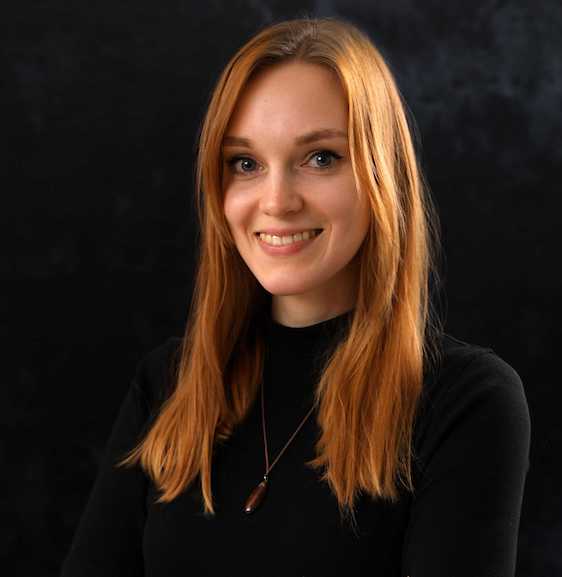
Maria Gueltzow
Maria is a PhD Student at the Max Planck Institute for Demographic Research and the Erasmus Medical Centre Rotterdam. She holds a B.Sc. in Health Sciences from University of Applied Sciences Hamburg and a (research) M.Sc. in Health sciences with a specialization in public health epidemiology from Erasmus University Rotterdam.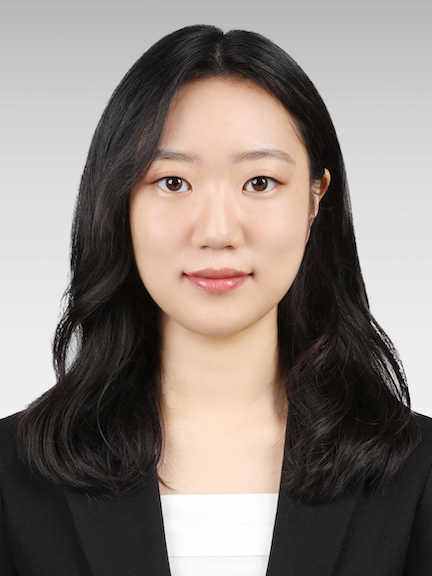
Solhee Han
Solhee Han is a PhD student in Social Policy at University of Oxford. She conducts comparative studies on welfare state financing and redistribution and public attitudes towards the welfare state in the context of tax-benefit trade-offs. Previously, she worked at think-tanks on design and evaluation of income security policies.
Olena Holubowska
Olena is currently pursuing PhD at university KU Leuven in Belgium. She completed her masters in Mathematical Modelling and Computation at DTU in Denmark. Her research investigate into human mobility and mobility patterns; currently focusing on the variation in intra-urban mobility of residents with migratory background.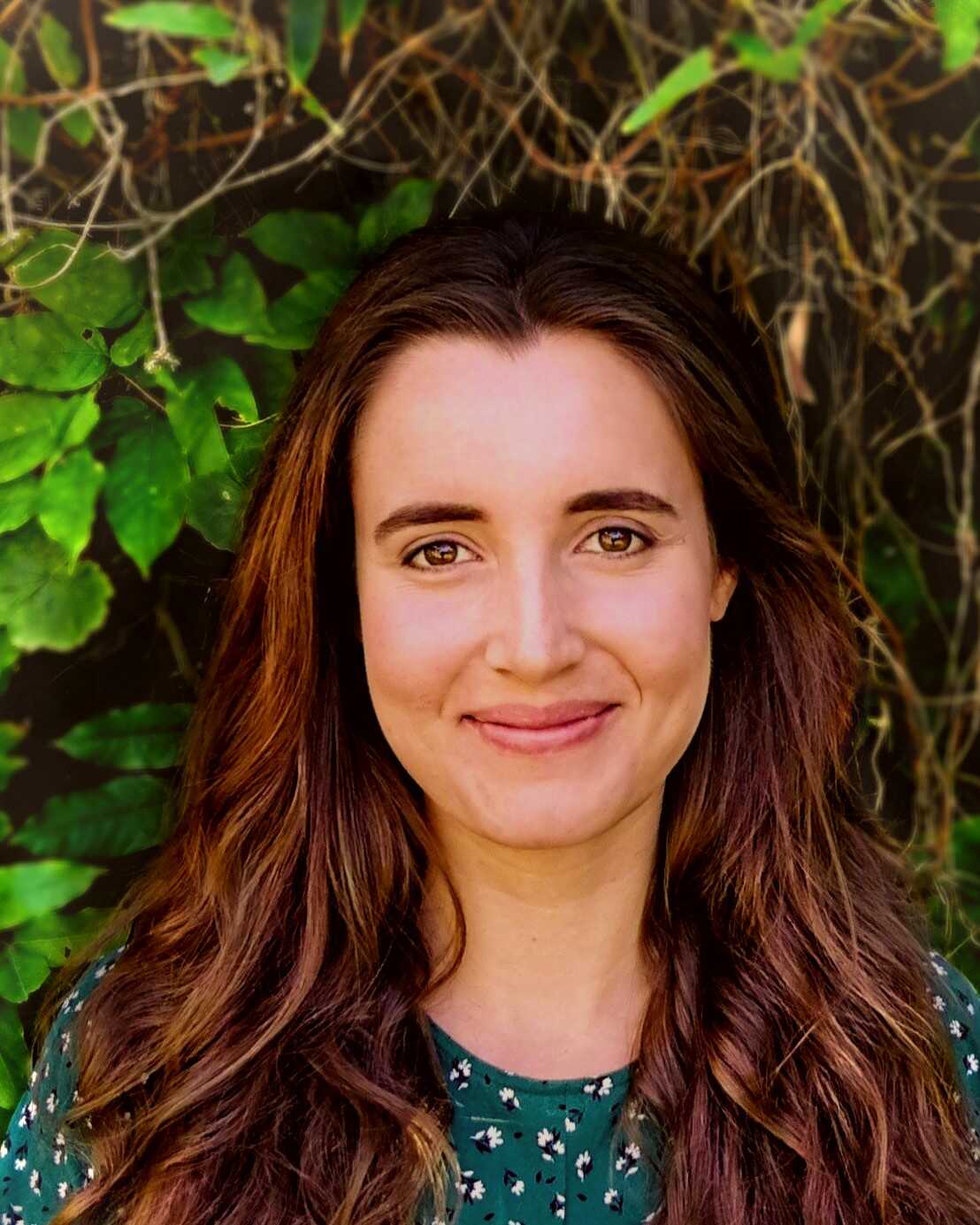
Roselinde Janowski
Roselinde is a doctoral student in Social Intervention and Policy Evaluation at the University of Oxford. Her research focuses on developing effective engagement strategies for an open-source mobile parenting application to prevent violence against children among families in Tanzania as part of a large-scale optimisation trial. Before starting her doctorate, Roselinde completed a Master’s in Psychological Research at the University of Cape Town.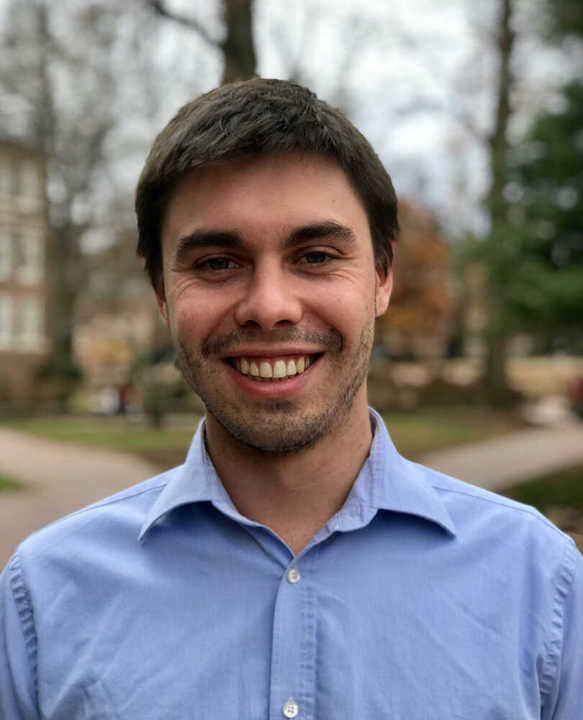
Eroll Kuhn
Eroll Kuhn is a Max Weber Fellow at the European University Institute, and holds a PhD in Political Science from the University of North Carolina at Chapel Hill. His research examines the politics of immigration as well as the integration of migrants in receiving societies, labor markets, and political systems. To address research questions, he use methods and designs to credibly identify causal effects using observational data as well as natural language processing and other tools for text-as-data.
Diyi Liu
Diyi is a student on the DPhil in Information, Communication, and the Social Sciences at the Oxford Internet Institute. She’s fascinated by how digital networks boost the power of online communities, influence the way that social actors exchange meaning with each other, and ultimately reshape people’s social lives. Prior to joining the OII, she completed both her BA and MA in International Journalism and Communication in China.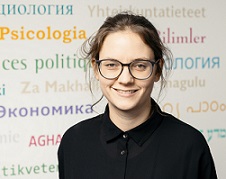
Lara Minkus
Lara is a postdoctoral researcher at the University of Flensburg. She received her PhD in Sociology from the Bremen International Graduate School of Social Sciences (BIGSSS). She is interested in gender, family sociology, social inequality, public opinion dynamics, quantitative methods, and survey methodology.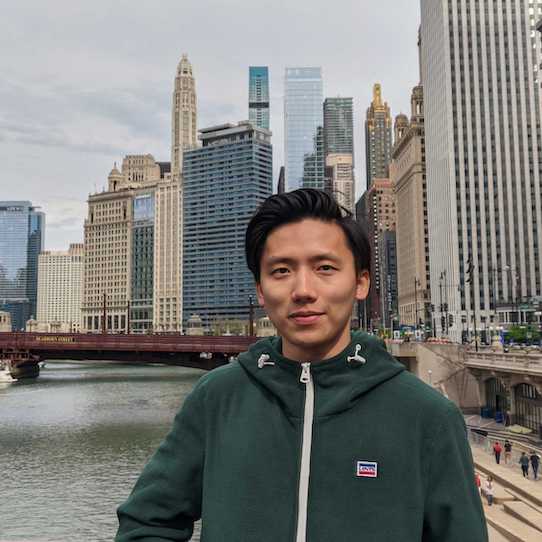
Long Nguyen
Long Nguyen is a PhD student in Sociology at Bielefeld University. His research focuses on improving the usability of big spatial data in the social sciences. His daily work mainly involves writing R packages to facilitate spatial linkage between online data and the German Socio-Economic Panel (SOEP).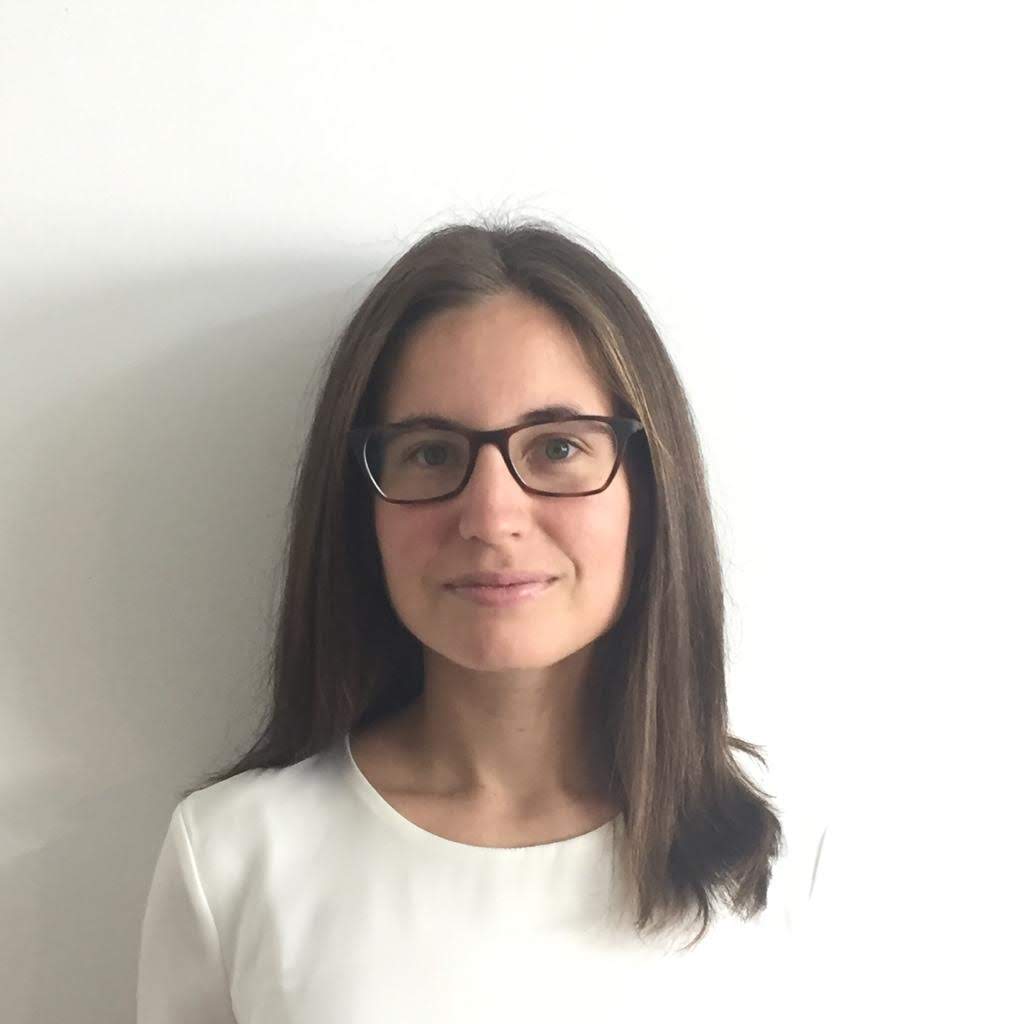
Juliana Outes
Juliana works as a Data Steward for the Government Outcomes Lab (Blavatnik School of Government, University of Oxford). She supports INDIGO (International Network for Data on Impact and Government Outcomes), an emerging data collaborative where different organisations with an interest in social impact share data on outcomes-based projects. Juliana has an MA in Politics, Big Data and Quantitative Methods from Warwick University.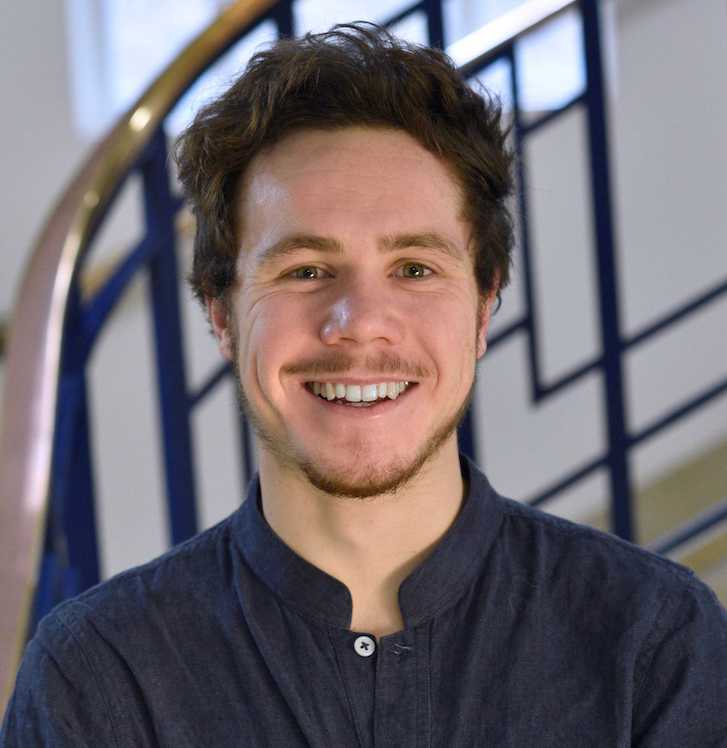
William Rudgard
William Rudgard is a post-doctoral researcher in the Department of Social Policy and Intervention at the University of Oxford. His research focuses on identifying cost-effective services that may support and empower vulnerable adolescents across Ethiopia, South Africa, and Zimbabwe to participate fully in this critical period of life. He is particularly interested in the interconnected nature of social vulnerabilities, and the transformative role of health and social protection systems.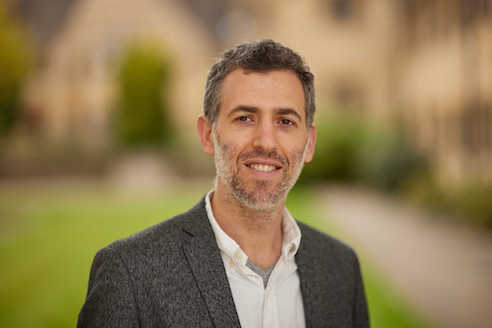
Ryan Shandler
Ryan Shandler is a Postdoctoral Fellow at Nuffield College, and the Blavatnik School of Government, University of Oxford. Ryan’s research interests lie at the intersection of international security and political psychology. He explores how emerging technologies elevate the role of public opinion in international affairs. Methodologically, Ryan conducts experiments that expose participants to cyber threats in order to measure the societal, political, and psychological consequences. Ryan received his PhD in political science from the University of Haifa, and has a Bachelor of Laws (Hons) from the University of Melbourne.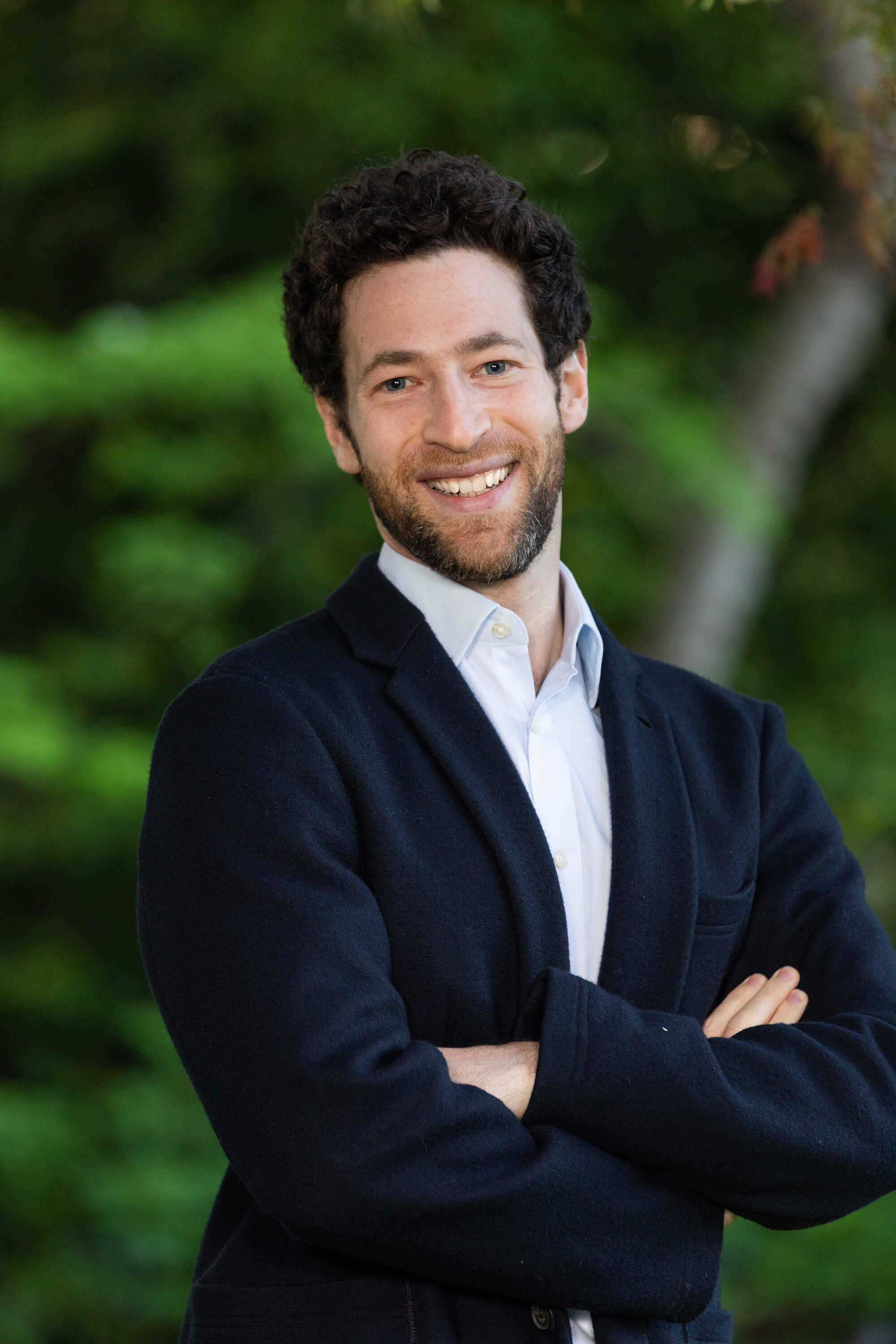
Doron Shiffer-Sebba
Doron Shiffer-Sebba is a PhD candidate in sociology at the University of Pennsylvania. His research interests lie at the intersection of wealth inequality, finance, and the family. His research projects include understanding the role of bureaucracy for elite families, analyzing the role of extended kin wealth on children's outcomes, and investigating community effects on tax avoidance using the Panama Papers. Doron also has an ongoing project developing a computer vision approach to studying human interaction in physical space (using machine learning). This approach can be leveraged to investigate interaction rituals, cultural capital, and other physical manifestations of social theories.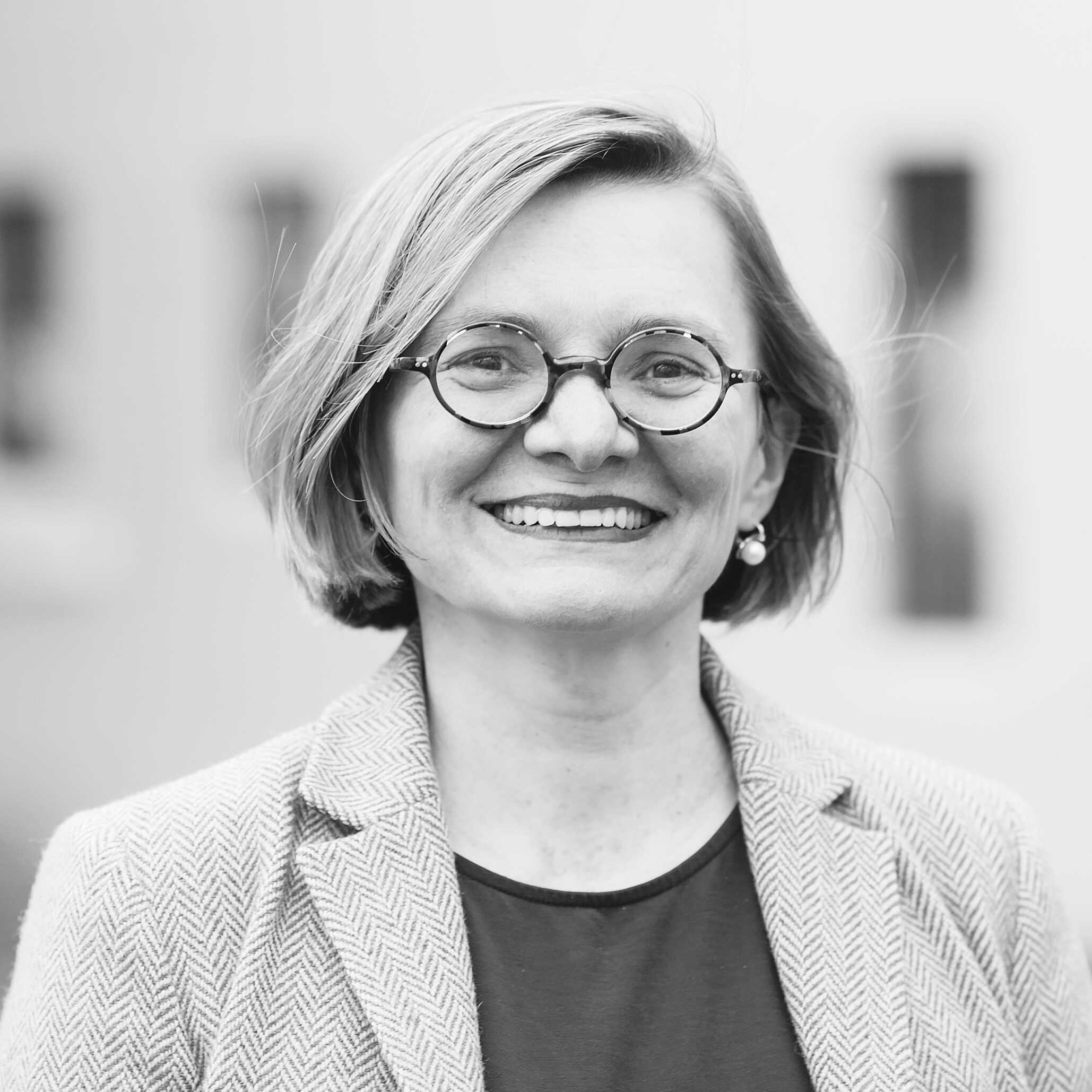
Andra Sonea
Andra Sonea is a Research Fellow at Saïd Business School, University of Oxford and is in the process of completing her PhD in Urban Science at the University of Warwick. Her research explores spatial access to banking, the resilience of the everyday banking infrastructure and global open banking business models.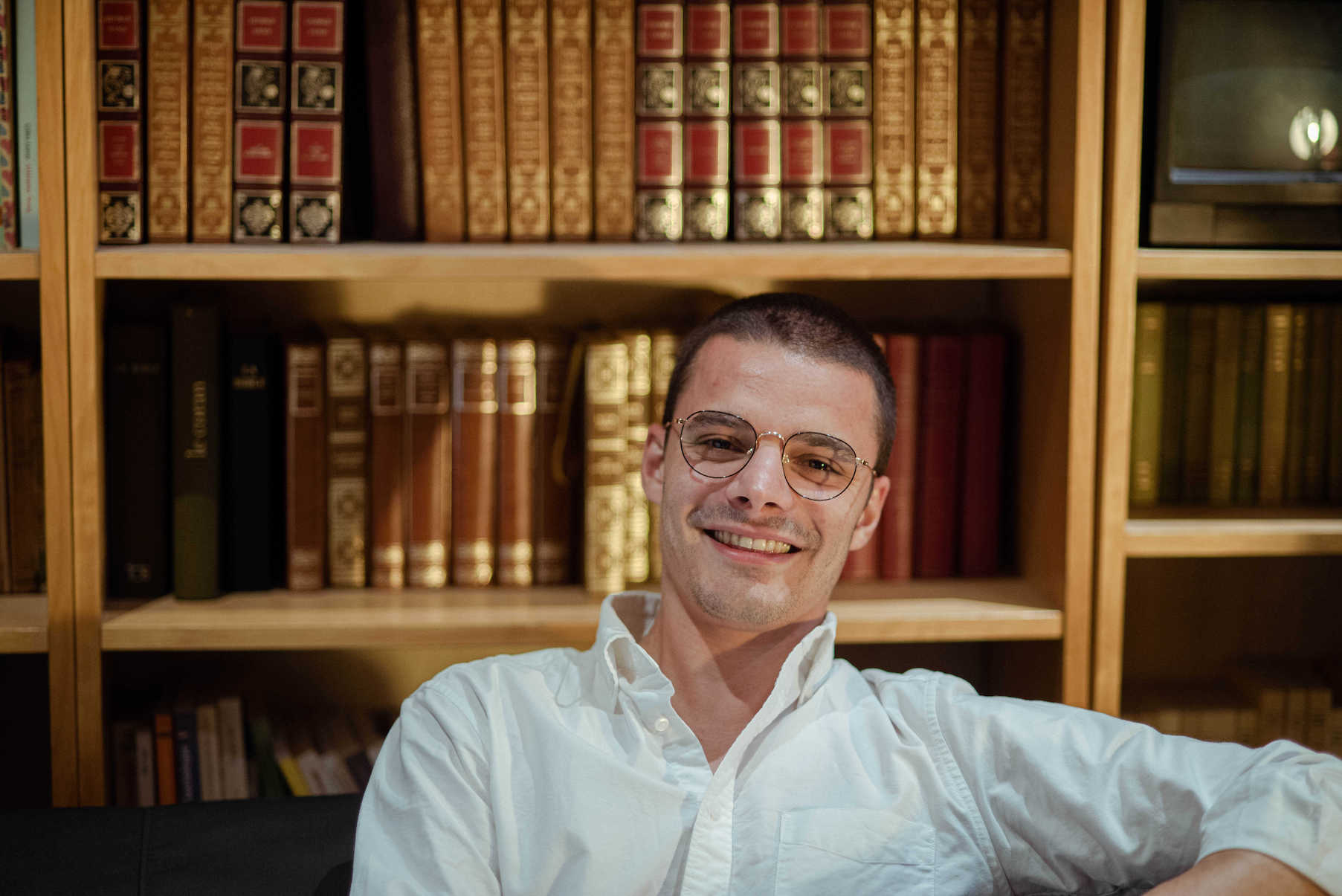
Gaspard Tissandier
Gaspard is a Ph.D. student in Economics and Public Policy at the University Paris 1 - Panthéon Sorbonne, where he works on the interaction of Machine Learning and Public Policy and how we can improve higher education and criminality policies using predictive algorithms. He is also interested in the social and philosophical implications of public algorithms.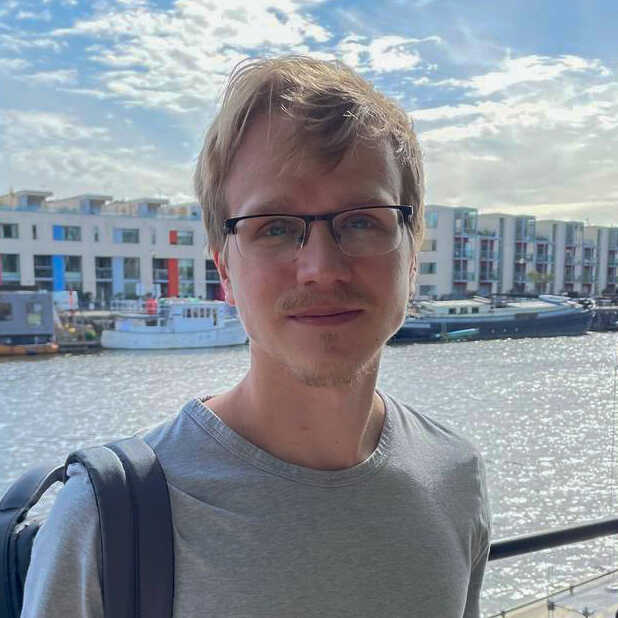
Artem Volgin
Artem Volgin is a PhD student in Social Statistics at the University of Manchester, UK. His interests revolve around applications of advanced statistical and computational techniques to public policy. His current PhD research focuses on investigating pupils' transitions between schools using network analysis and spatial statistics.